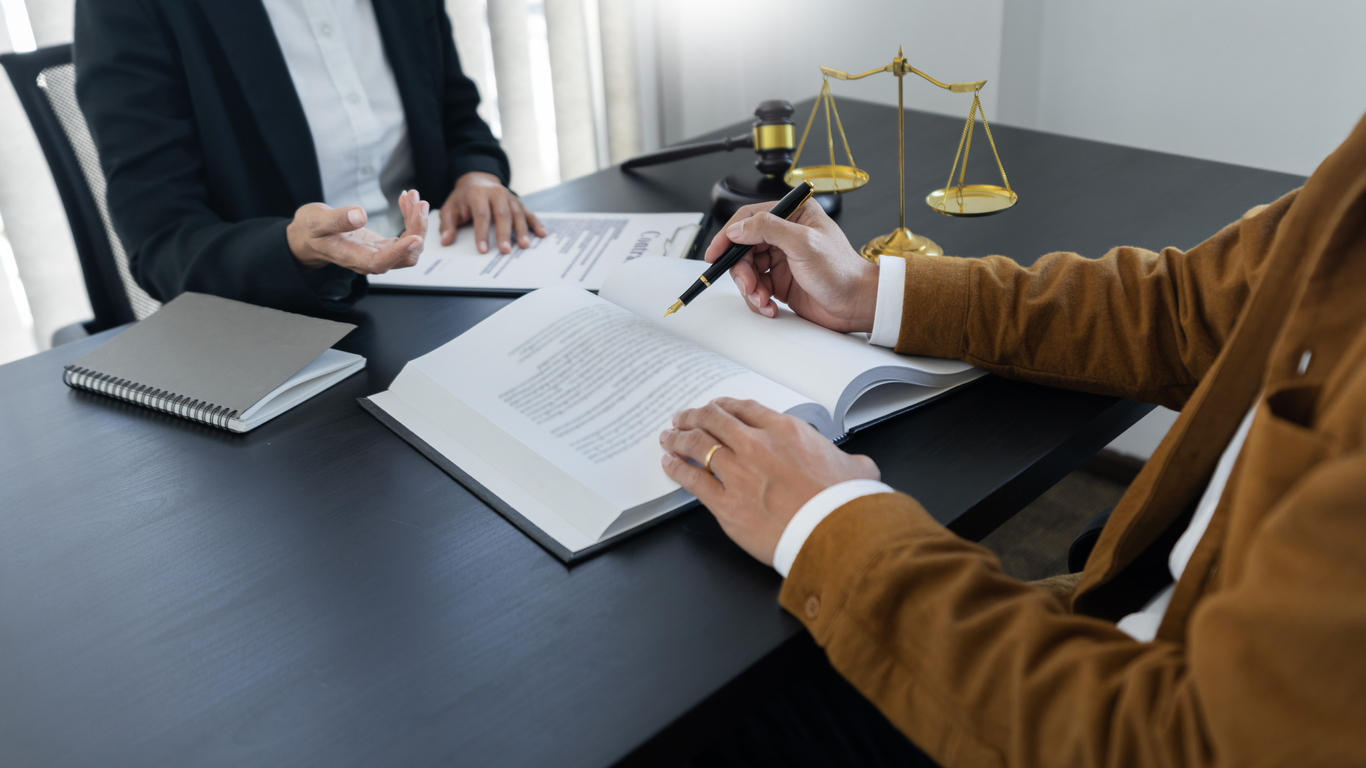Craig Rosenbaum | March 22, 2024 | Personal Injury

If you have suffered a personal injury due to someone else’s misconduct, you have the right to file a claim, either in court or with the appropriate insurance company. You’re going to have to prove your claim, however. Every personal injury claim requires the victim to prove certain facts to win. Causation is always one of those facts, and “proximate cause” is an essential component of causation.
What Do You Have to Prove to Win a Personal Injury Case?
What you have to prove to win depends on what legal theory you are relying on. Most cases, however, assert negligence (carelessness) as the basis for compensation.
To win a negligence claim, you must prove:
- The defendant owed you a duty of care. This duty could be something as simple as the duty to drive safely on public roads or as complex as the duty to properly anesthetize you during surgery.
- The defendant breached their duty of care to you. That could happen by doing something they shouldn’t have done or by not doing something they should have done.
- You suffered damages. “Damages” means some type of harm that the law can remedy. It usually includes a physical injury but might also include intangible harm such as emotional distress.
- The defendant’s breach of duty was the cause of your damages.
To win, you must prove all of these elements by a preponderance of the evidence. This is not a particularly stringent burden of proof, at least compared to the “beyond a reasonable doubt” standard that applies to criminal charges.
What Is Proximate Cause?
New York law recognizes two forms of causation—actual cause and proximate cause. You must prove both of these forms of causation before you’ve proven “causation” in general. “Actual cause” means “but for” cause–but for the defendant’s misconduct, you would not have suffered damages.
Proximate cause, by contrast, requires that your harm be a foreseeable consequence of the defendant’s misconduct. If you were hurt in a freak accident, for example, the defendant would not bear liability even if their misconduct was the actual cause of the accident.
Examples of Scenarios That Invoke Proximate Cause
Following are some examples of scenarios where the existence or non-existence of proximate cause might be a close call:
- You suffer burns from a malfunctioning firework at a public fireworks display. Proximate cause might be lacking if the organizers observed all reasonable safety precautions.
- A homeowner fails to remove a dead tree, which falls and injures a passerby during a particularly severe storm. Was the homeowner’s failure to remove the dead tree the proximate cause of the passerby’s injuries? It could go either way.
- A consumer suffers a severe allergic reaction to an ingredient in a food product. The packaging failed to mention the presence of the ingredient, which seldom causes allergic reactions. Did the company’s failure to include the ingredient in its labeling cause the victim’s allergic reaction?
- Many people suffer lung damage after the leak of toxic chemicals from a petrochemical plant. Whether the company’s action or inaction constituted, the proximate of the injuries could depend on how well the company observed reasonable safety standards.
- A driver on an isolated country road swerves to avoid a pothole, hits a tree, and suffers injuries. Was the city’s failure to repair the pothole the proximate cause of the driver’s injuries? The driver’s case would be stronger if the pothole was present in a heavily trafficked downtown area.
There is no “bright line” rule telling you when proximate cause is present and when it’s not. Different people might see things in different ways.
If Proximate Cause Is an Issue, Consult Our Personal Injury Law Firm in New York City
Proximate cause can be tricky to prove, and you can’t win a personal injury case without it. Unless the amount of your claim is small, it’s probably worth it to hire a lawyer to help you win. And yes, you can afford to hire a lawyer. Under the contingency fee system, you pay nothing unless you win. What have you got to lose?
If you’ve been injured in an accident in Manhattan, NY, and need legal help, contact our New York City personal injury lawyers at Rosenbaum Personal Injury Lawyers to schedule a free consultation.
Rosenbaum Personal Injury Lawyers
100 Wall St 15th Floor
New York, NY 10005
(212) 514-5007
